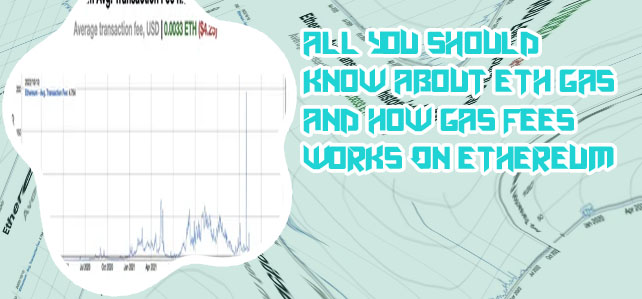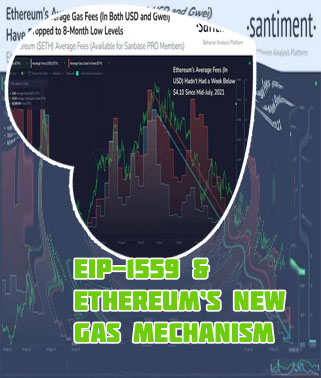Jeffrey Tucker
A New Currency for the Digital Age
Read More
 There are certain days and periods when the network receives fewer transactions, resulting in lower Ethereum fees. When are Ethereum gas fees the lowest? Interestingly the gas price usually surges at 12 UTC (6 am EST) and peaks in the afternoon UTC (9-12 am EST), which suggests that most transactions are aligned with the American East Coast. Blocknative Announces Transaction Boost: A Tool for MEV Protection while Preserving Transaction Observability The analysis of the price of ethereum is bearish due to consolidation near $1,050 and rejection of further recovery. As a result, ETH/USD is prepared to decline even further and surpass the $1,000 local support. After that is finished, the prior swing low at $900 should be challenged the following week.
There are certain days and periods when the network receives fewer transactions, resulting in lower Ethereum fees. When are Ethereum gas fees the lowest? Interestingly the gas price usually surges at 12 UTC (6 am EST) and peaks in the afternoon UTC (9-12 am EST), which suggests that most transactions are aligned with the American East Coast. Blocknative Announces Transaction Boost: A Tool for MEV Protection while Preserving Transaction Observability The analysis of the price of ethereum is bearish due to consolidation near $1,050 and rejection of further recovery. As a result, ETH/USD is prepared to decline even further and surpass the $1,000 local support. After that is finished, the prior swing low at $900 should be challenged the following week.